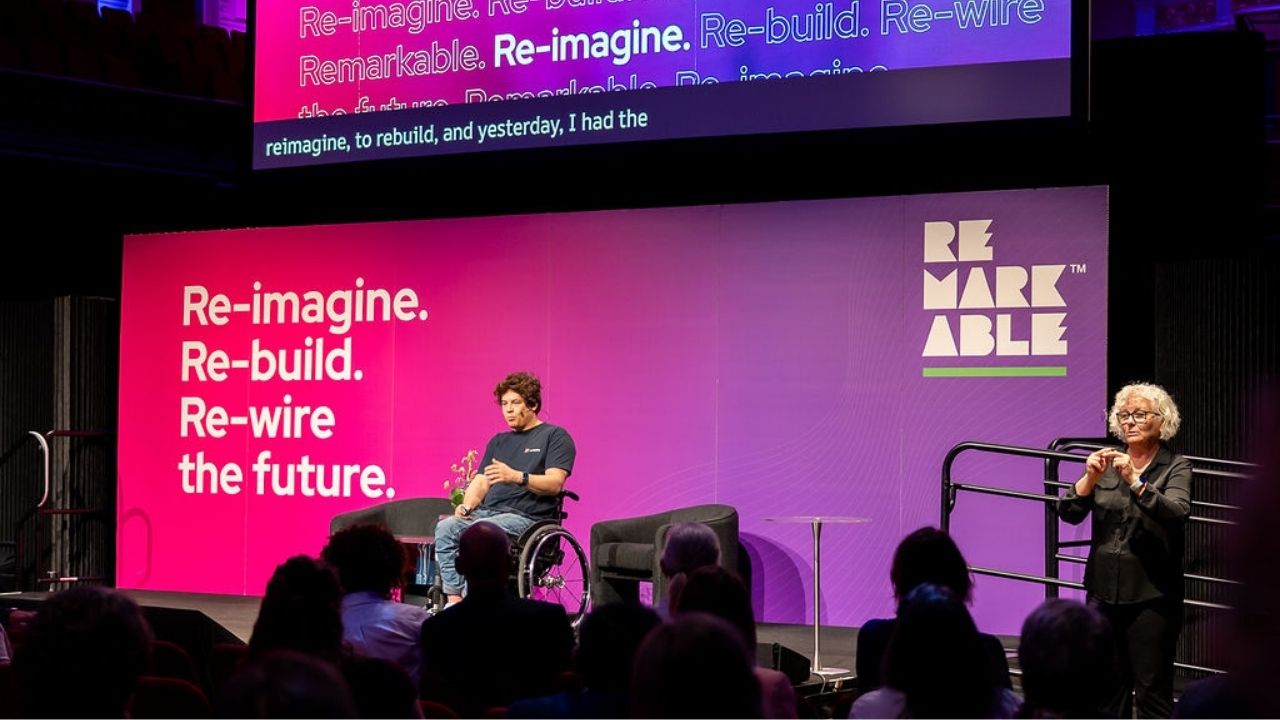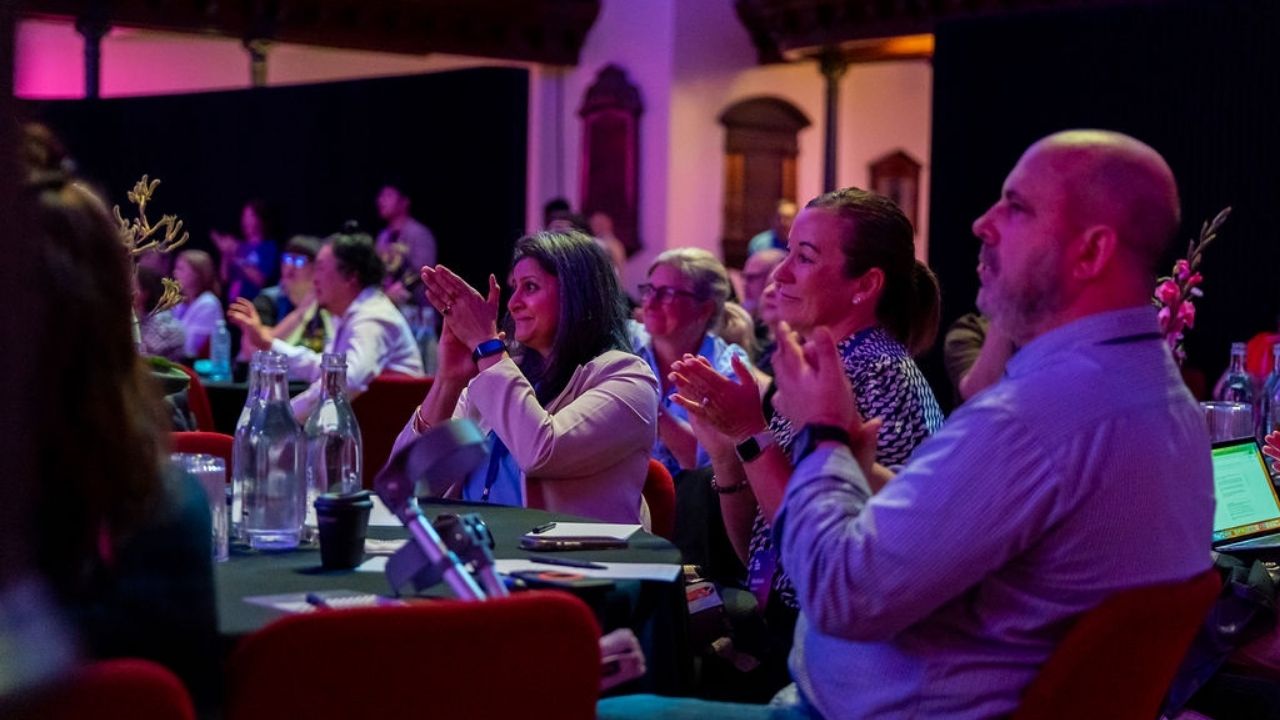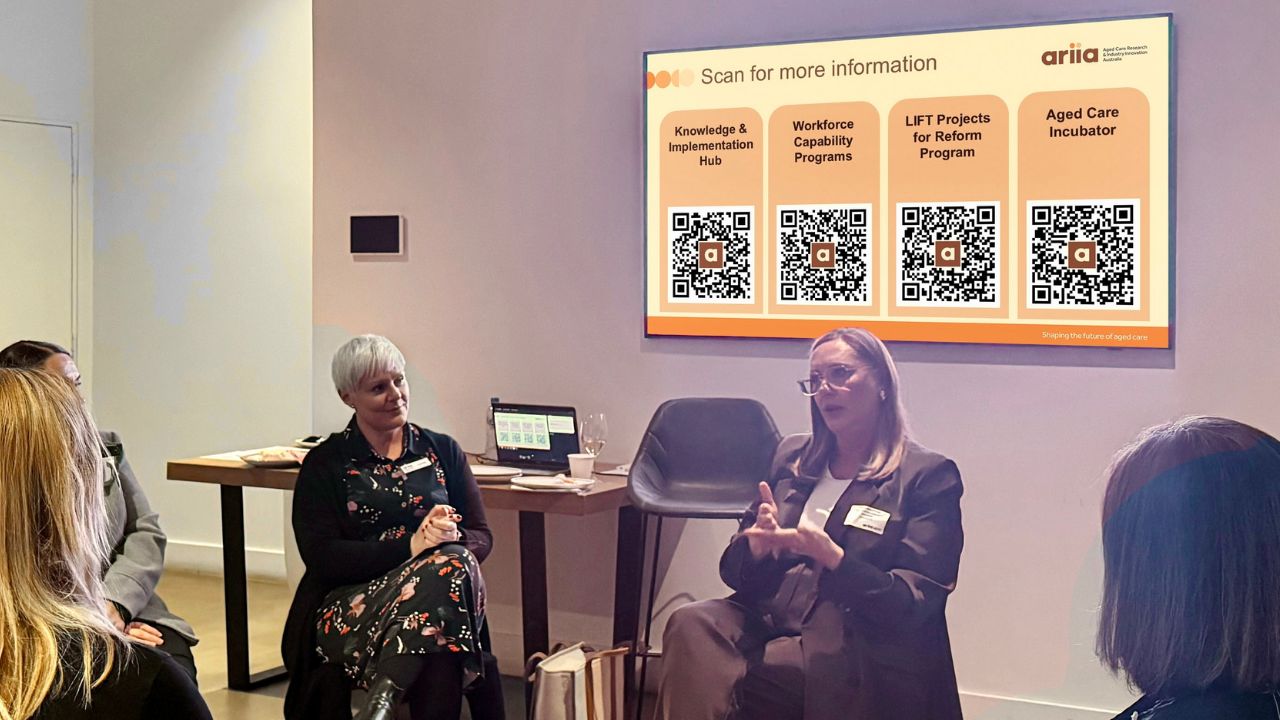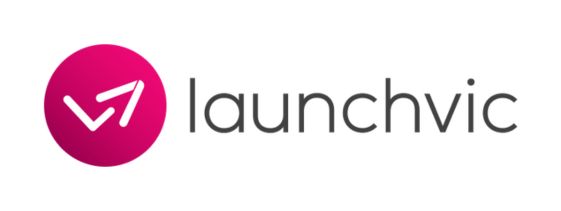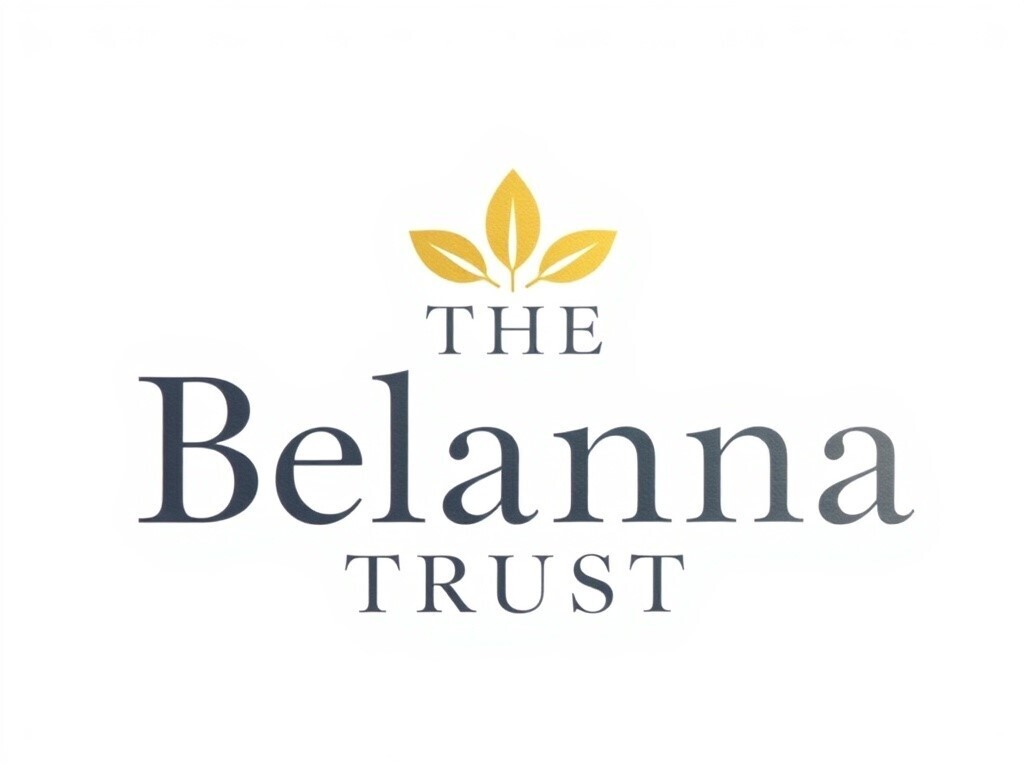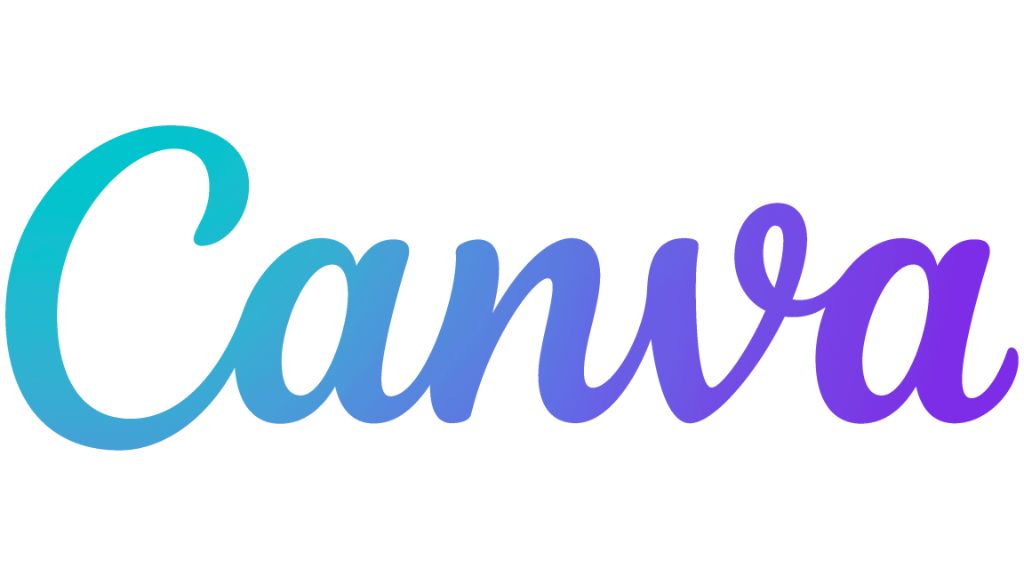
Markeith Price | Provocation
TALK OVERVIEW
At the Remarkable Tech Summit, Paralympian and tech innovator Markeith Price shared his journey of living with optic nerve atrophy and the transformative role of assistive technology in his education. He highlighted the significant impact of accessible tech on his academic achievements and urged greater innovation in assistive solutions, especially for resource-limited settings, inspiring us to champion change for the future.
Full transcript available below.
TOP INSIGHTS
1. Markeith Price, shared his personal journey of living with optic nerve atrophy and how it shaped his perspective on disability and technology. He emphasized the importance of perseverance and adaptation in overcoming challenges.
2. Price highlighted the importance of assistive technology in his life, particularly in his education. But he emphasized the need for more innovation and development in assistive technology, stating that while significant progress has been made, there is still much more to be done. He urged the audience to consider what more they can do to contribute to this field.
3. Price concluded his talk by posing a question to the audience: “Who would have thought?” He left the answer open-ended, encouraging the audience to reflect on their own thoughts and ideas about disability and technology.
ABOUT THE SPEAKER: MEET MARKEITH PRICE

Markeith Price
U.S. Paralympian, Entrepreneur, Content Creator, Business Developer and Analyst, Affiliate Marketer, Designer & Producer, Disability & Accessibility Advocate
LinkedIn: Markeith Price
Markeith Price, an innovative thinker. Markeith, is a Paralympian, Designer, Producer and growing Developer who loves to create strategies. Markeith is visually impaired – blind. He has never let the challenge stop his energetic spirit. Markeith strives to make a big impact on the world with his passion for teamwork and communication. Even through the challenges Markeith continues to Move Progress forward. He’s working on developing technology and solutions. Some of his studies consist of studying Music, Gaming Development Information Systems, Communication, Venture Capital and Private Equity. Markeith started a foundation called I C You Foundation Inc. In 2013 which started the Journey to his mission, vision and direction. Markeith wants people to know to never give up on yourself.
Image Gallery
[Background Music and Markeith performing in spoken word poetry style] This is motivation.
What’s up?
I’m pushing innovation.
Don’t stop.
This is motivation.
Wake up.
I’m pushing innovation.
Don’t stop.
This is motivation.
What’s up?
I’m pushing innovation.
Don’t stop.
This is motivation.
Wake up.
I’m pushing innovation.
Don’t stop.
Motivation. [Background Music ends and Markeith continues his speech] Thank you guys. That’s the first time I’ve ever performed. I gotta take a photo. So, Is it good? So without assistive technology and accessibility that music right there might have not been made. So now we’re here. 2023. I got introduced already but I will introduce myself again. My name is Markeith Price. I’m a Paralympian. I went to the 2012 Paralympic Games. I went to the Rio 2016 Paralympic Games, I’ve been to 7 World championships competing as a Paralympian and have been to 3 Para Pan American championships and just got nominated to go to my fourth Para Pan American championships in Santiago, Chile. So, I was born in Silver Spring, Maryland and raised in Baltimore, Maryland and was diagnosed with something called Optic Nerve Atrophy. Optic Nerve Atrophy is a diagnosis where either your optic nerve is not fully developed, or you have had some sort of damage or some type of injury towards your optic nerves. And there’s many other ways that you can have optic nerve atrophy but those are the main ways and it’s a rare eye condition. I’m here to give you a challenge and provoke you all as well and give you some insight. But the first thing that I have to say is, this room is awesome. And I think it’s a special room for the last three days that I’ve been here. I’ve never been to anything like this before, and just speaking as a Paralympian, I know that’s a different space, and I would urge and encourage you all to go to a Paralympic games if you have not been to one yet, because it’s awesome. So if you have the ability to make it to a Paralympic Games, which is next year in Paris 2024, and then also there’s going to be one on our home ground in the United States, LA 2028 that we’re getting ready for and gearing up.I would say go because, as innovators, as investors, as founders, as entrepreneurs that are in this space, I think is important to see, to be a part and to ask questions amongst a whole group of people that are able to come out and compete for the same thing and have the same mission. Maybe some of the motives may be different people from different backgrounds with different disabilities. But I actually like to say “different abilities” I know we’re wordsmithing and finding different words but everyone has a different ability to do something. So I’m just trying to incorporate that into that. So,I would urge all of you all to get out there and find a way to go to the Paralympic Games. I know it may be challenging for some, but it would change your life and change. How you view things. If you have not been able to attend one. I’m here once again to provoke you guys and give you a little bit of a challenge. So I hope my story, one story, will resonate with some of you or you guys, can take this home and just think about it. So typically, I talk about perseverance and persevering through my challenges and persevering through, you know, overcoming and the embarrassment of things but still pushing forward through my sport in track and field. But today I’m not going to do that because I think the other story is a little bit more important for this space. I truly believe that each and every one of you all have a story that may be similar or different, So hopefully you all can resonate with me. So, I was diagnosed when I was younger, at the age of 3, knowing that I was born with something called Optic Nerve Atrophy. My parents tried to do their best and being born in 1990, that space and at that time was still kind of tough, and it still is tough. But it was even tougher because the ADA just actually got passed when I was born in 1990. For those who don’t know, that’s the American Disabilities Act, and there is some controversy between whether it’s good or bad. I’m not going to get into that. But that meant it felt like there might have been some liberation for people that have been dealing with different abilities all their life. So, just like any other kid going to school, my parents wanted me to have the best education, and find ways for their child to have that education. So eventually, I got rolled into being involved in vocational rehabilitation in my school because I went to school with sighted kids. My parents actually didn’t know about Maryland School for the Blind until I was about 6 or 7. And I had already kind of pushed those limits to what they felt like they could do for me. So I was in school with sighted kids and in my community that I lived in, I was probably the only visually impaired blind individual that anyone ever knew. So, this consisted of trying to get my education and that meant using the tools that were offered, which was learning braille, using large print, using magnification, and this is right before CCTV was really a thing. And CCTV is a projector that’s on the screen and you’re able to blow words up so that they’re really, really big. I’m not going to get into the technicalities of it but this was right before that time and so instead I had to use large print books, and this is where my story is going. So when it came to these large print books, my parents were told we have this resource for you right about third grade and I was excited. I was ready. I was like, “Oh, I get to be included with all the other kids and I get to be able to keep up and I get to be able to do everything else like the other kids, because I’m going to have a large print books.” So, the week arrives to give me my large print books and they come in volumes, just like a Braille book comes in volumes, which basically means is if you have a regular, I guess normal book your large print book consists of three volumes of those books or may consist of six to eight volumes of those books. And so I was excited, I’m going to, I’m going to be able to keep up, I’m going to be able to do everything else like the kids! So I get my book and I open it and I realize I can’t see the book. So, I’m like, “man this is what I’ve been waiting for. This is the moment…” So a week goes by and I tell my parents I can’t see the book and just like any parent they’re trying to encourage you. Any good parent is going to encourage you, and they’re going to advocate for you and do their best. They’ve never experienced anybody else with a disability before in their family. I mean, there might have been a story or two, but they really didn’t know how to handle those things. So what they told me and encouraged me to do was, why don’t you use your tools? You know you’ve got your magnifier. You got this. You have that. So that’s what I did. And I was using my tools. Year after year, year after year, things started evolving. Things started to change. Technology started to actually grow a little bit here and there. 2000 comes around, 2001 I went to middle school and get a CCTV in school and it did work, but unfortunately carrying a CCTV, this big old thing around school on a big cart was embarrassing. I’m trying to be cool, like who’s going to want to be friends with me? I eventually didn’t carry that around because it just was embarrassing for me. And honestly, when I reflect on it, a lot of the kids, they actually wanted to play with my equipment and that’s probably the most embarrassing part because my parents would say, Don’t let anybody touch your stuff and so they probably thought it was cool but in my mind, I’m like “my parents told me don’t touch my stuff.” So time goes on, you’ve got large CCTV magnifiers that aren’t really working for me and then you have large print books, then I’m still learning Braille at my vocational rehab. My vocational rehabilitation teacher said it is going to be a little bit more challenging because you have some sight and if I haven’t explained my sight to you, my eyesight is with my left eye I have little to no vision, but I still can see out of it, but they don’t have a visual activity for it. So I can see images but brain doesn’t really pick them up from the left eye and then out of my right eye. I do have some vision where I can see about 2–5 ft, and then everything else becomes a little distorted, and then I also just adapt and kind of figure out ways that most of us as people with disabilities wind up doing. I know they can relate to that. Adaptation. Back to the story of the books…So year keeps going year after year comes around, and I get to the point where I’m fed up. I’m like, I’m not using these books any more. They’re not helping me. They’re not assisting me. I’m just not. And don’t get me wrong. I believe that whoever created the large print books were meant for who they were meant for, And that’s probably somebody else with low vision, but unfortunately, it wasn’t meant for me and that’s okay. It wasn’t meant for me. So at 15 or maybe 16 I got to the point where I said I’m going to tell my parents. I said, I’m not using these books anymore. I’m just not. I just can’t do it. I don’t know what I’m going to do. And, of course, technology was still kind of getting to a point where I might not have had to use a large print book ever again in my life, and of course, they did have audio books. But this was right before that golden age of audio books. It was like right before it so although I still had some audio books, they were hard to access and actually get my hands on it. And I absolutely love audiobooks. But this is about the large print books. I told my parents. I’m not using the books any more, and this is probably the only time that I ever talk back to them. And they said, ‘Well, what are you going to do?’ And I was crying, I was like, I’m just not going to do it. I’m just not using the books. No more for like, 2-3 hours, just saying I’m just not just fussing at them. They kind of sat there and just said, Okay. Eventually I figured it out, the reality of it is I actually didn’t figure it out, it was all the people that created the accessible technology that we see today. It was all the people that created the assistive technology that we see today, that we’re able to use from Jaws, to Zoom text, to having an iPhone and now android and having smartphones and being able to use magnification. I wish I could go back in time and take the CCTV that they have now because I would have been really cool. Let me tell you some of those CCTVs. They read to you. Now you can get on the Internet. You can post a video on Tiktok, posting your video on instagram so I would look and then you can actually fold. Some of the CCTV is like, Come on now. Why couldn’t that have happened for me? When I was in middle school and high school? That’s good, though it is here now, and that’s okay. I have a few more words for you all. And I want to share this one thing before I get into the other words that I have for you are actually have been able to graduate with my master’s degree last year in information systems with honors for 4.0 in. Thank you. Thank you. Thank you, And literally like audio books because the books were available, and I advocated hard for myself. There was one class I wanted to say, but I was like, OK, I’ll just find a bunch of audio books on audible. It was risk analysis. It was going to be a little easy class for me. They didn’t put the book in a version of audio, and I just didn’t have the time to actually submit it to the National Library for people with disabilities, which their process has really improved over the years for especially since they’ve changed the name from the ‘Library for the Blind’ to the ‘Library for people with disabilities’. So yeah, I was able to do that. So a few words that I have for you are we doing enough? What more can you do? I want to tell you all that I believe you all are awesome. I believe this room is special. Because once again, I’ve been to the Paralympic Games. I’ve spoken at many places of actually was able to had the honor to speak at the Executive office of the White House one time speaking about accessibility, but when I tell you the energy that I felt in this room and I understand that there are some other talks that are going on around the world, I truly believe that we can change things. I also want to say that we need to do more. Especially for the fact that I know that I’m talking about books and technology, what I’m also knowing from my journey of being a paralympian that not every country and not every space has the same opportunity that I actually got to argue with my parents about having a large print book, and that means that we need to do more. So, I think you guys are remarkable.I want you guys to continue to move and progress and I have a question for you all and the answer for the question you guys can formulate. The question anyway, you want to answer that question in any way you want to and the question is, who would have thought? And the answer is you are the people with the thoughts.



.png)
.jpg)


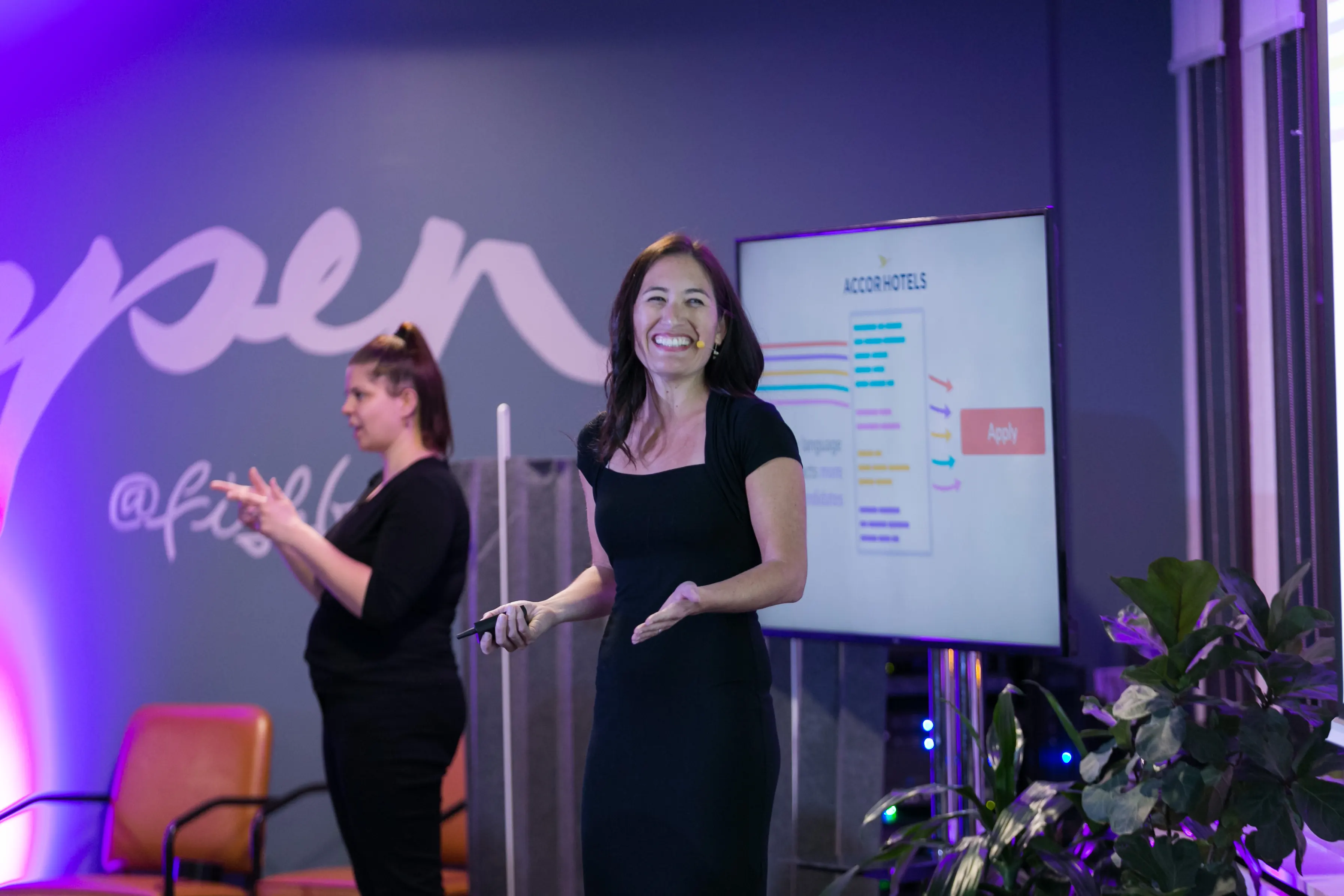

.jpg)
